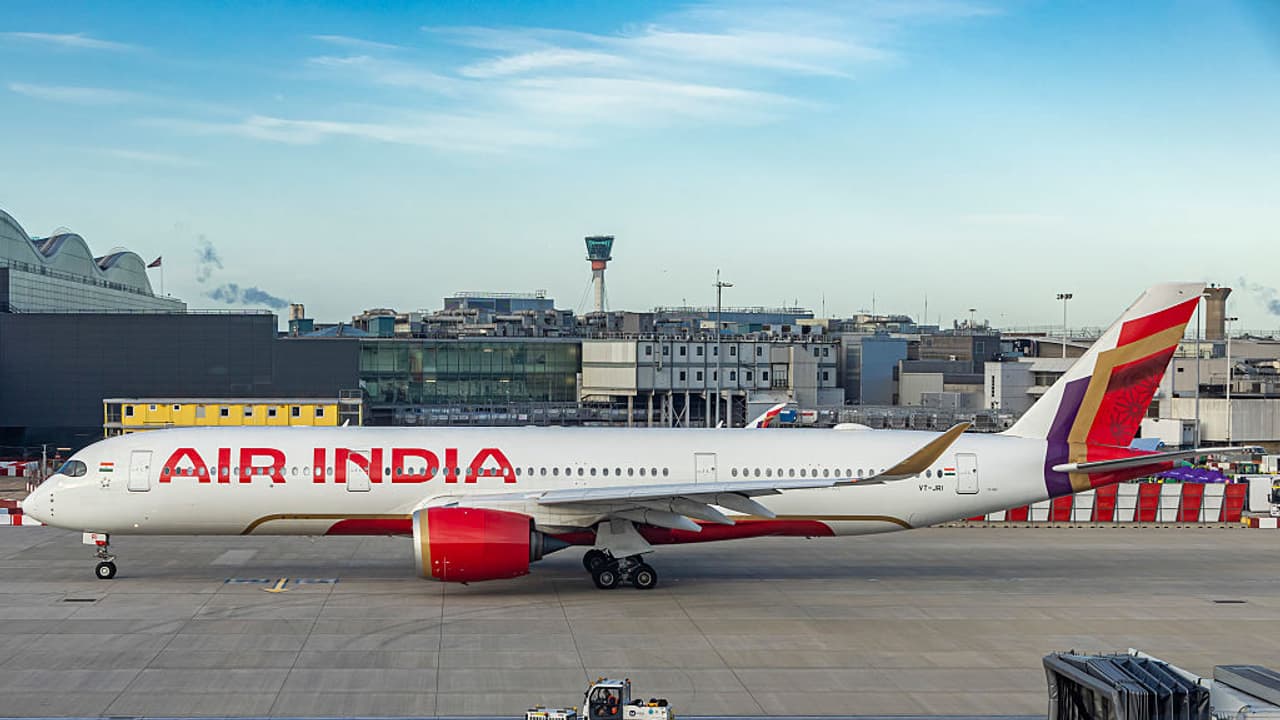In a communication to its elite Maharaja Club members, Air India CEO and MD Campbell Wilson reiterated the airline’s unwavering commitment to passenger safety, transparent operations, and elevated service standards.
In the wake of heightened concerns following the tragic AI-171 accident in June, Air India has announced the continuation of its voluntary “Safety Pause,” a strategic move to reinforce operational safety across its fleet. In a communication to its elite Maharaja Club members, CEO and MD Campbell Wilson reiterated the airline’s unwavering commitment to passenger safety, transparent operations, and elevated service standards.
“At Air India, the safety of our passengers, crew, and aircraft is not just a priority, it is our unwavering commitment and the foundation of every decision we make,” Wilson stated in the email.
“Following the tragic accident of AI171 in June, it is understandable that there is heightened scrutiny, coverage, and concern about air travel. I would therefore like to share the measures we have taken to reinforce our operations. These include detailed inspections of our fleet of Boeing 787-8 and 787-9 aircraft. Each aircraft underwent inspections under the oversight of India’s aviation regulator, the DGCA (Directorate General of Civil Aviation), and we confirm that no issues were found during these inspections. As with some other international airlines, we also inspected the fuel control switch mechanism of Boeing 737 and 787-8 aircraft, likewise with no findings. We continue to work closely with regulators, maintaining full transparency and ensuring that every action we take aligns with the highest standards of safety and care,” the mail read.
The inspections are part of a broader, rigorous safety initiative involving collaboration with international regulators, full transparency, and strict adherence to ICAO (International Civil Aviation Organisation) and DGCA guidelines.
Safety Pause Extended, International Flights Phased Back
“The voluntary “Safety Pause” I had communicated in my last email on 19 June, 2025 continues, entailing a temporary reduction in our schedule to accommodate additional pre-flight checks and mitigate the impact of regional airspace closures. We also took the opportunity of additional ground time to accelerate upgrades to improve aircraft reliability and to strengthen how we manage delays and disruptions,” Wilson stated in the email.
Using this downtime constructively, Air India accelerated aircraft upgrades to boost reliability and overhaul how it handles flight delays and service interruptions.
International operations resumed in a phased manner starting August 1, 2025, with full service restoration targeted for October 1, 2025. This deliberate approach, Wilson said, ensures that “every verification is thoroughly completed and we resume service with complete confidence.”
Audits, Upgrades, and Operational Enhancements
Air India CEO emphasized that it operates under a multi-layered Safety Management System that includes certified maintenance, rigorous pre-flight checks, and continuous real-time tracking via its Integrated Operations Control Centre. All staff undergo regular training at the Air India Training Academy, aligning with the latest global standards.
The airline also voluntarily brought in global consultancy Oliver Wyman/CAVOK for a full safety assessment and partnered with Boeing for an Operational Efficacy Program—underscoring its drive to modernize and globalize internal practices.
Wilson candidly acknowledged that operational challenges in recent weeks may have disrupted some passengers’ travel experiences. He assured that internal processes are being strengthened to minimize inconvenience, and that efforts to modernize Air India’s offerings, including a major cabin retrofit program, are progressing in full swing.
“So, whenever you choose to fly with Air India, know that your trust is valued and your journey safeguarded by our entire Air India family,” Wilson concluded.
The tragic crash of flight AI-171 occurred on June 12. The London-bound Boeing 787 Dreamliner crashed shortly after takeoff from Ahmedabad, killing 260 people.
